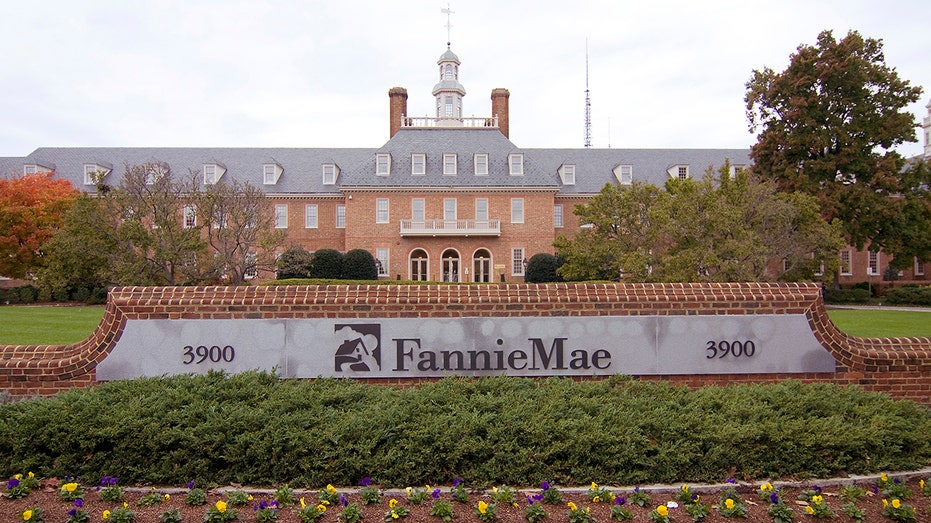US economy facing 'modest' recession next year, Fannie Mae says
Rising interest rates at the Fed and sky-high inflation could trigger a recession
Economy 'probably' already in a recession: Expert
Morgan Creek Capital Management Mark Yusko discusses Federal Reserve’s response to inflation.
The U.S. economic outlook is dimming and a downturn could be on the horizon as the Federal Reserve moves to tame the hottest inflation in four decades, according to Fannie Mae economists.
The mortgage lender said in a new economic and housing forecast that the economy faces a "modest recession" in 2023 as a result of the Fed's aggressive monetary policy tightening trajectory, fallout from the Russian war in Ukraine and the worst inflation in a generation.
FED RAISES INTEREST RATES FOR FIRST TIME IN 3 YEARS, PROJECTS 6 MORE HIKES AS INFLATION SURGES
"We continue to see multiple drivers of economic growth through 2022, but the need to rein in inflation, combined with other economic indicators, such as the recent inversion of the Treasury yield curve, led us to meaningfully downgrade our expectations for economic growth in 2023," Doug Duncan, Fannie Mae’s chief economist, said in a statement.

The Fannie Mae Building, Washington, D.C. (Tony Savino/Corbis via Getty Images / Getty Images)
Still, Fannie Mae said it does not expect the recession to be worse than the one seen in 2008 in the wake of the financial crisis, largely because of the current state of the housing market, including a mortgage credit quality that is "far superior" and mortgage lenders that are better equipped than they were a decade ago.
The company expects home sales, house prices and mortgage volumes to drop over the course of the next two years "to a pace more consistent with income growth and interest rates," Duncan said.
The analysis comes as the Fed takes a more hawkish approach to fighting inflation, which is at the highest level since December 1981. Policymakers raised rates by a quarter-percentage point in March, and have since signaled support for a faster, half-percentage point increase at their May meeting.
Traders are now pricing in more than a 95% chance of a hefty half-point rate jump when policymakers meet next month.

Federal Reserve Chair Jerome Powell arrives to speak at a news conference, Tuesday, March 3, 2020, to discuss an announcement from the Federal Open Market Committee, in Washington. (AP Photo/Jacquelyn Martin / AP Newsroom)
"If we conclude that it is appropriate to move more aggressively by raising the federal funds rate by more than 25 basis points at a meeting or meetings, we will do so," Federal Reserve Chairman Jerome Powell said in March. "And if we determine that we need to tighten beyond common measures of neutral and into a more restrictive stance, we will do that as well."
Some economists believe the Fed waited too long to confront the burst in inflation, while others have expressed concerns that moving too quickly to stabilize prices risks triggering an economic recession. Hiking interest rates tends to create higher rates on consumer and business loans, which slows the economy by forcing employers to cut back on spending.
GET FOX BUSINESS ON THE GO BY CLICKING HERE
Still, Powell has pushed back against concern that further tightening by the central bank will trigger a recession and has maintained optimism that the Fed can strike a delicate balance between taming inflation without crushing the economy.
"The probability of a recession in the next year is not particularly elevated," Powell told reporters during the Fed's March meeting, citing the strong labor market, solid payroll growth and strong business and household balance sheets. "All signs are that this is a strong economy, and one that will be able to flourish in the face of less accommodative monetary policy."





















